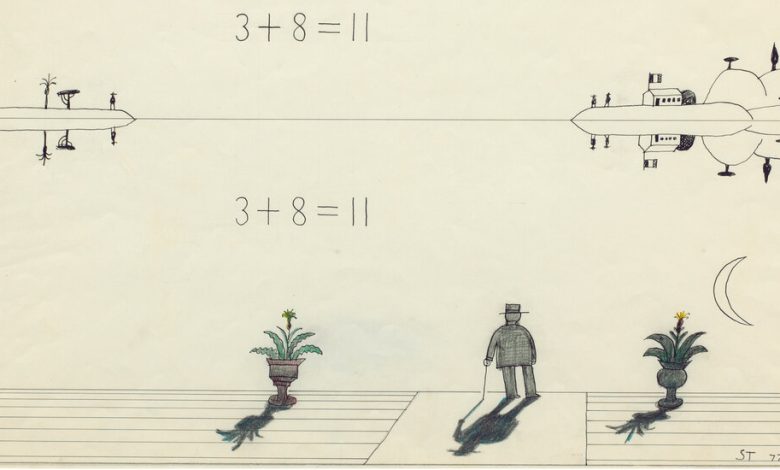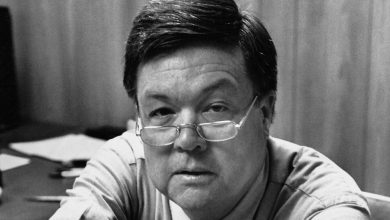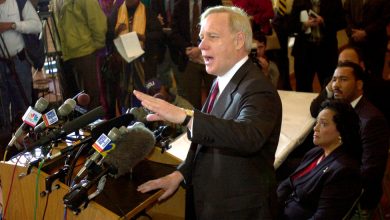Math Is the Answer to More Than One Question

I am surprised at this late stage, in my 70s, to be thinking about God. In my defense, I might say that I did not arrive at these thoughts by reflecting on my own inevitable end or from a religion or a Scripture or the example of a holy figure. I arrived by means of mathematics, specifically simple mathematics — algebra, geometry and calculus, the kind of mathematics that adolescents do.
Several years ago, I decided that I needed to know something of mathematics, a subject that had roughed me up cruelly as a boy. I believed that not knowing mathematics had limited my ability to think and solve problems and to see the world in complex ways, and I thought that if I understood even a little of it, I would be smarter. My acquaintance with mathematics is still slight. I am only a mathematical tourist, but my experience has led me to believe that mathematics is rife with intimations of a divine presence.
This is no observation of my own. Mathematicians have been finding suggestions of divinity in mathematics at least since Pythagoras, in the sixth century B.C. For many mathematicians, there is no question that God is somehow involved. Newton, for example, believed that mathematics exemplified thoughts in the mind of God.
A couple of simple mysteries, available to anyone, help explain why this might be so. The first is the question of whether mathematics is created or discovered. Some mathematicians believe that mathematics is a system invented by human beings and that it is shaped as it is by the tendencies of human beings toward particular types of thinking. This is a minority view. The majority believe that mathematics exists as if independently of human thought and that the discoveries that mathematicians make are a mapping of an independent and timeless territory, a sort of parallel world where nothing is good or evil but everything is true.
There is also the observation by the Canadian mathematician Robert Langlands that mathematics is not complete, and because of its nature may never be. Mathematics, which attempts to define infinity, may itself be infinite.
For theologians in antiquity, infinity was a property of God. Being finite, humans were believed to be incapable of conceiving of infinity on their own. God gave us the ability, they thought, as a means of understanding his nature. Theologians were even a little touchy about his sole possession of it. In “Leaders of the Reformation,” published in London in 1859, John Tulloch quotes Martin Luther, sounding a little piqued in a dispute at a conference in 1529, saying: “I will have nothing to do with your mathematics! God is above mathematics!”
We are having trouble retrieving the article content.
Please enable JavaScript in your browser settings.
Thank you for your patience while we verify access. If you are in Reader mode please exit and log into your Times account, or subscribe for all of The Times.
Thank you for your patience while we verify access.
Already a subscriber? Log in.
Want all of The Times? Subscribe.




